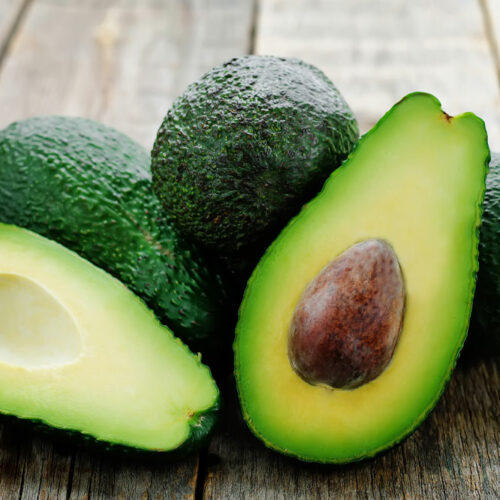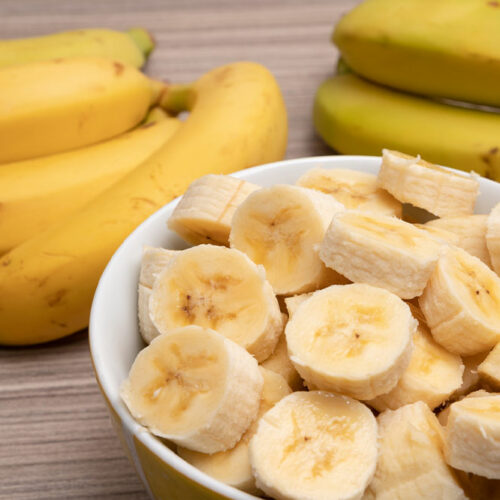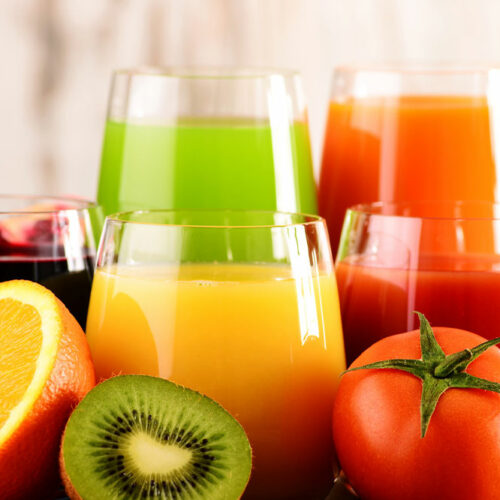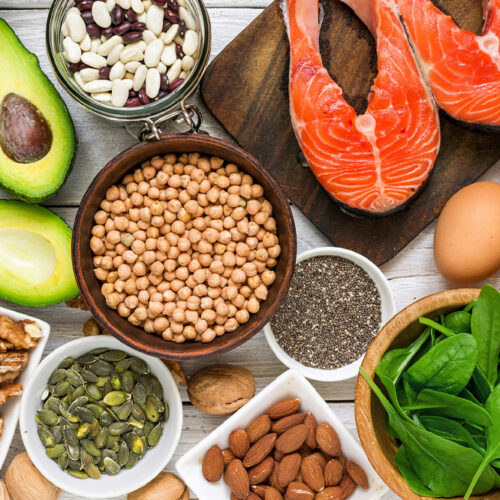7 easy ways to accessorize any outfit

Accessories tend to not only enhance your attire but also make you appear vibrant. Be it a casual chic look or an utter formal attire, adding some flash and bling just infuses life into your overall appearance. However, your accessories can perform their assigned role correctly only if perfectly styled. Here are some easy techniques and tips you can apply to up your fashion game and bring the best out of your outfit: Do not pile up on accessories at a time Most people commit the mistake of donning all the available accessories at once with an outfit. It must be noted that as far as accessories are concerned, less is always more. The purpose of using accessories is to highlight your outfit. However, if you adorn your outfit with several accessories like a watch, scarf, jewelry, sunglasses, hat, etc., all at once, none of them will stand out, making your outfit look cluttered and even awful. Highlight neutral clothes with bold accessories While neutral-colored clothes can look dull and understated, they are also the most perfect ones to be used as a field for experiments. If your wardrobe is filled with neutral colors like olive, navy, beige, white, or black, now is the time to boost them by pairing them up with some bold-colored accessories.






